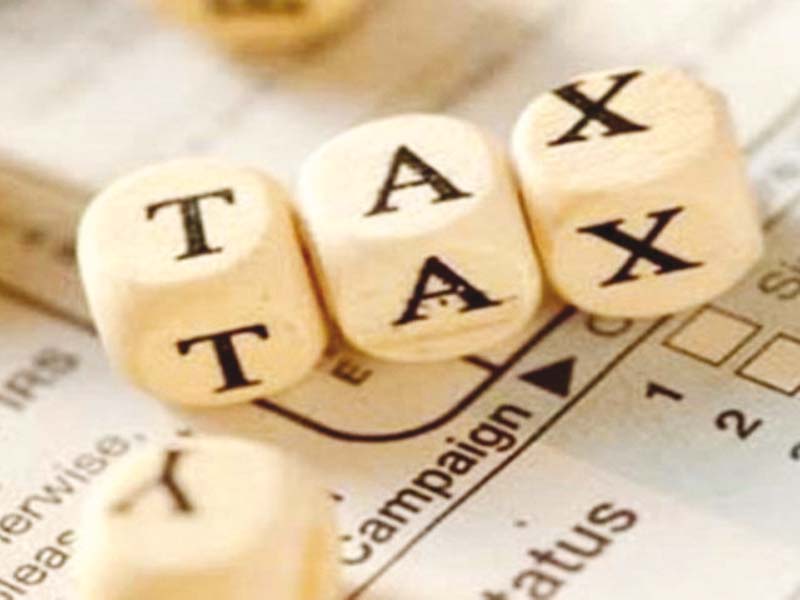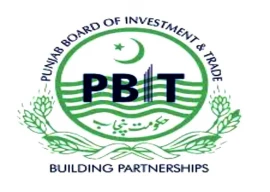
The bureaucracy in the Federal Board of Revenue (FBR) has become an obstacle in the way of implementing much-desired reforms and making functional a tax reforms monitoring body, posing a challenge to Finance Minister Ishaq Dar who had constituted the committee.
On the 10th of this month, the finance minister established the Tax Reforms Implementation Committee with the task of overseeing the reforms, which have so far been blocked by well-entrenched forces in the revenue board.
Probe launched against two property investors
However, over three weeks have passed, but the FBR has not yet issued a notification, which is necessary to make the committee operational, say sources in the FBR.
According to them, the bureaucracy was not happy with the constitution of the committee and considered it a parallel setup and a show of no confidence.
The committee was established after bureaucrats created hurdles to implementing recommendations of the Tax Reforms Commission (TRC), which the government had set up to diagnose the problems in the tax structure and suggest a way forward.
Please wait as banks’, FBR systems match
The commission has already presented an interim report but no action has been taken because of lack of cooperation from the FBR officials. The bureaucrats denied access to important data or in certain cases they provided inaccurate information, say the officials.
Tax collection along with the energy sector remains the weakest area in the economic policymaking. Despite his desire to turn things around, Dar is struggling to bring about a marked change in the structure of the revenue board.
Pakistan’s tax-to-gross domestic product ratio is the lowest in the region, forcing the government to rely more on borrowings to fund its operations.
The irony: Cost to collect tax higher than tax collection
The government, which is about to complete half of its tenure, is now actively considering reshuffling the entire top management of the FBR on hopes that the new team will be able to deliver.
The delay in bureaucratic changes is leading to more uncertainty in an already less enthusiastic tax machinery that is making half-hearted attempts to achieve the revenue target, say the sources. The FBR has missed the first-quarter tax target by Rs40 billion despite taking additional revenue measures.
Dar had made Haroon Akhtar Khan, Special Assistant to Prime Minister on Revenue, as head of the seven-member tax reforms committee.
10-month performance: FBR falls short of tax collection target by Rs100b
Other members were Masoud Naqvi, who is chairman of the Tax Reforms Commission, Ashfaq Tola, a renowned chartered accountant, and Abid Shaban, an expert in tax laws. The remaining three members were from the FBR.
When asked for comments, FBR Chairman Tariq Bajwa said he was waiting for the return of Dar. The minister returned on Monday after an overseas trip.
In the interim report, the TRC has proposed that the existing system of sales tax should be replaced as it is not only cumbersome and difficult but is full of leakages and abuse.
Despite mini-budgets: Tax collection remains abysmal
The TRC has proposed that a single-stage, single-digit non-adjustable sales tax (with a provision to cater to the special needs of exporters) is a strong way forward. However, the commission’s work on the single-stage tax remains incomplete as the FBR has not yet given full access to the database.
A technical mission comprising tax and fiscal affairs experts of the International Monetary Fund will come on a visit to Pakistan in early December for a review of the proposal to replace the existing value addition based general sales tax with a single-stage tax.
The TRC has also suggested that the Benami Transaction Prohibition Act must be promulgated to stop the practice of holding property in such titles that conceal the names of real owners. The Act will discourage the opening of such bank accounts as well.
Published in The Express Tribune, October 28th, 2015.
Like Business on Facebook, follow @TribuneBiz on Twitter to stay informed and join in the conversation.

















COMMENTS (4)
Comments are moderated and generally will be posted if they are on-topic and not abusive.
For more information, please see our Comments FAQ